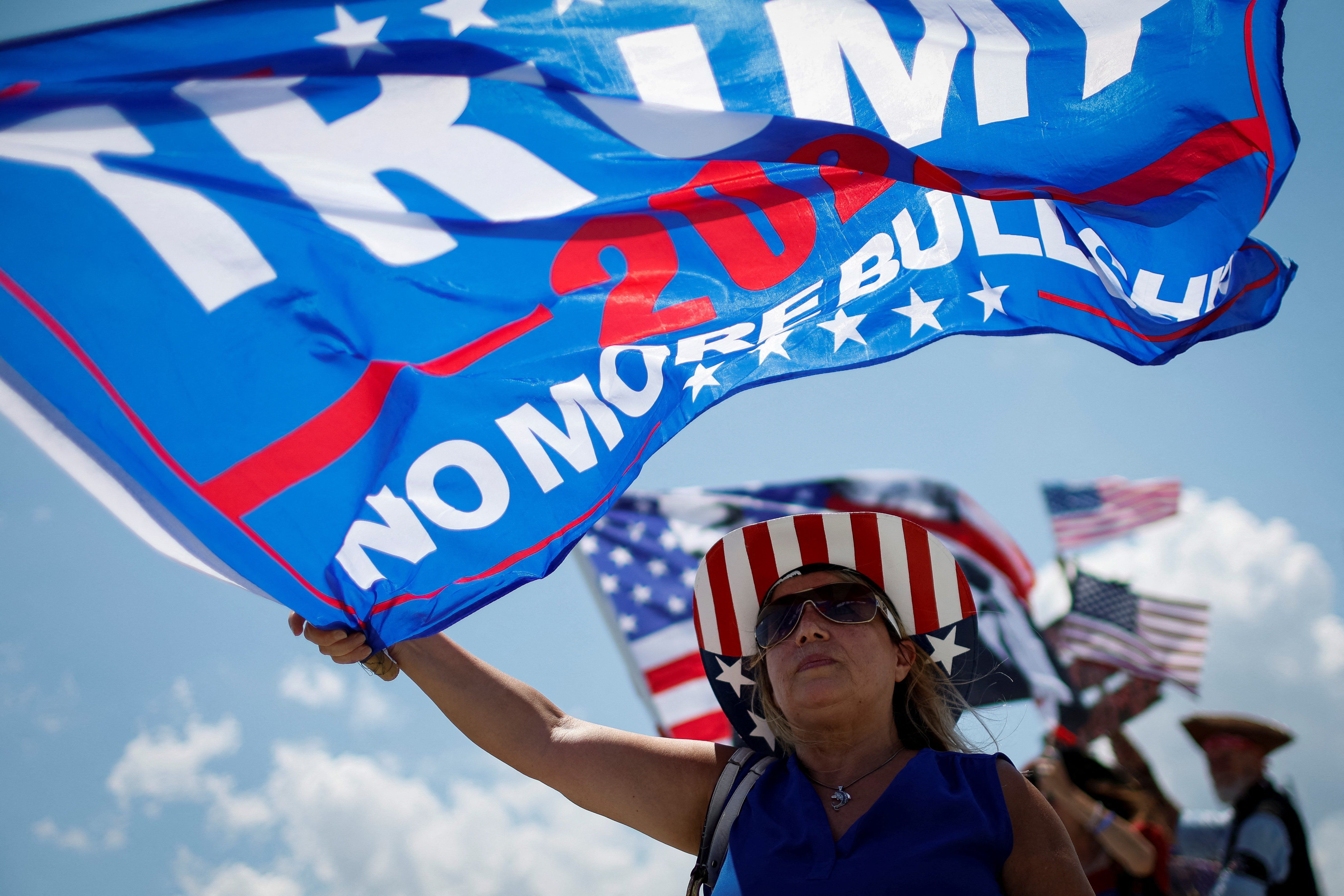Hard Numbers: Republicans heart indicted Trump, EU woos Tunisia, Argentine inflation bites, Chinese marriages drop
61: In a new poll conducted after his second criminal indictment, 61% of Republicans say they'd vote for former US President Donald Trump. Despite his legal troubles, Trump's near cult-like status within his base means he's crushing his rivals in the 2024 GOP presidential primary.
📺 For more coverage on Trump’s federal indictment, watch Ian Bremmer's Quick Take here and the latest US Politics in 60 Seconds here.
1 billion: The EU might offer Tunisia more than 1 billion euros in budget support to rescue the country's battered economy and — more importantly for Brussels — help stem the flow of migrants from North Africa. Strongman President Kais Saied needs the money to avoid defaulting on Tunisia's debt.
149: Argentina's annual inflation is expected to hit 149% this year, the highest rate since 1991. Blame a historic drought, the weak peso, and dwindling foreign currency reserves just months out from the October presidential election.
6.83 million: That's how many Chinese couples registered to marry last year, down more than 800,000 from 2021 and the lowest level since the country began taking records. Sure, zero COVID discouraged many from putting a ring on it, but this is further proof of China's slow but steady demographic decline.
